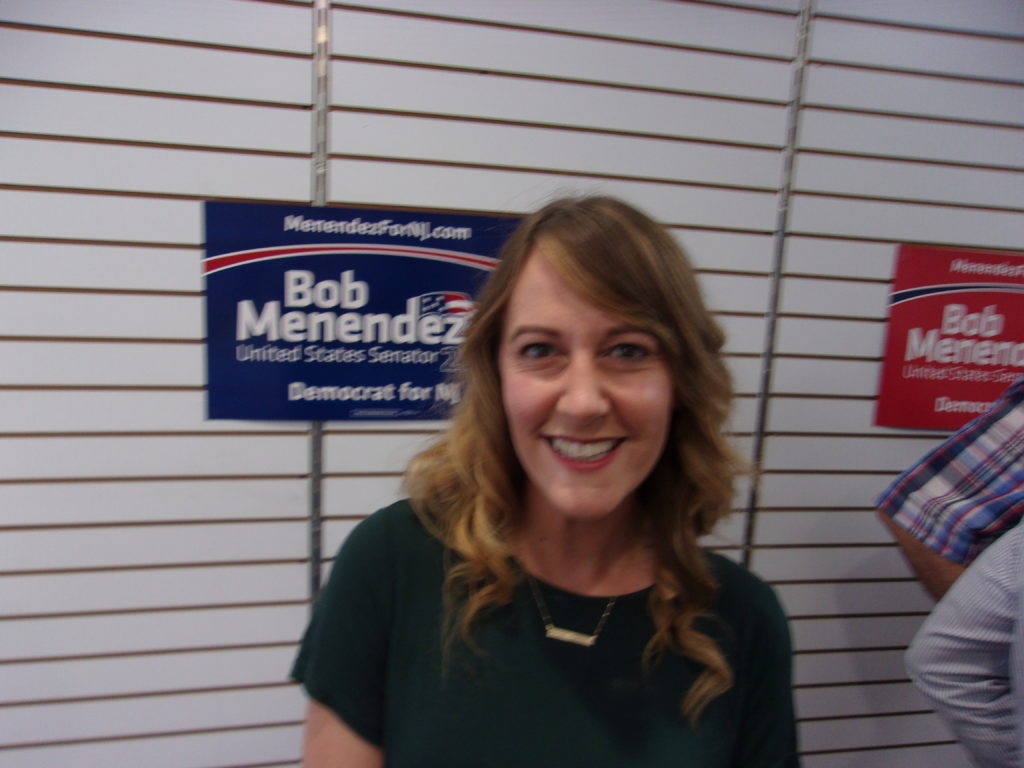Not Alone in Thinking Stronger Political Parties Will Improve Our Politics

Since 2010, on websites such as InsiderNJ.com and other places, I have repeatedly expressed my longstanding concern about New Jersey’s weakened party system, the impact of McCain/Feingold reforms in undercutting parties and spurring the growth of independent groups, and the potential for parties to play a role in returning civility to politics.
Here are some of my thoughts:
- “McCain/Feingold is what started the stampede toward the creation of independent, outside groups; a development that resulted in less transparency and less accountability in the area of campaign finance (2010).”
- “In the years between McCain/Feingold and 2010, U.S. Supreme Court decision in Citizens United v FEC, independent spending grew over 1,000 percent . . . so in the wake of McCain/Feingold there has been a seismic shift in the electoral landscape. There has been tremendous growth in independent groups along with a rapid decline in transparency (2012).”
- “But in truth the demise of the political party system represents the abdication of an important quasi-governmental institution that has proven to be a significant part of our civil society (2019)”
- “Despite Americans holding a long and deep skepticism toward political parties, ironically it could be the parties that restore stability to our polarized political environment (2019).”
- “The Bipartisan Campaign Reform Act (BCRA) often referred to as McCain/Feingold, was enacted in 2002. Though well meaning, McCain/Feingold sparked the rise in dark money spending and a spate of legal action (2020).”
- “Despite the antipathy toward political parties that can be traced to the founding of the Republic, political parties, which help elected officials work together and find common ground, may be just the antidote for these highly partisan and combustible times (2020).”
While these concerns were set forth in my columns throughout the years, numerous others have and are expressing similar concerns in books, academic journals and online posts.
A recent post by Rick Hasen, Professor of Law and Political Science, University of California, discusses an article in the Election Law Journal by Richard Pildes, Constitutional Scholar at NYU Law.
Hasen stated, “this article assesses how the rise in contributions from organizations outside of political parties affects the unity or disunity of the party caucus in the Legislature. With highly polarized political parties, party fragmentation makes all the more difficult the building of effective governing coalitions.”
In his own post, Pildes writes “for several years now, I have been arguing that political fragmentation within both parties is a major element in why government in America has become more difficult . . . I have also suggested, along with others, that the rise of outside money—starting with McCain/Feingold law . . . is one of the forces driving the fragmentation within parties.”
A more extensive work by Pildes laid the foundation for his recent article and post. As part of the Ralph Gregory lecture at Yale Law School, Pildes previously presented an article published in the 2013-2014 edition of the Yale Law Journal. In it he wrote: “If the analysis is correct, stronger parties or parties stronger in certain dimension ironically might be the most effective vehicle for enabling the compromise and deals necessary to enable more effective governance despite partisan divide.”
Professors Hasen and Pildes make important points about the connection between parties and good governance and their potential for the amelioration of the polarization in politics. Moreover, they allude to the role played by McCain/Feingold law in spurring the growth of independent groups.
As argued in numerous columns, a stronger party system can indeed help to soften the divisions that exist in our politics today. Disciplined political parties organize majorities in government that are crucial to governing. As long-standing institutions, political parties provide a training ground for leadership by allowing individuals to learn about the relationship between elections and governance, and to gain experience necessary for bringing people together on behalf of the public good.
Political parties also encourage leaders to work together, creating an environment that promotes compromise and establishment of majorities. Unlike independent groups, which often promote single-issue politics, parties organize the executive, legislative, and even judicial functions of government, thereby providing a means by which public policies can be enacted.
As Marjorie Randon Hershey writes in her book Party Politics in America . . . “virtually everything important in American politics is rooted in party politics. Political parties are the core of American democracy. . .”
In this spirit, the Election Law Enforcement Commission (ELEC) has made proposals for strengthening political parties including:
- Removing parties from pay-to-play;
- Including special interest PACs under pay-to-play law;
- Disclosure of contributions and expenditures by independent groups making both express advocacy and electioneering communications;
- Allowing parties to participate in gubernatorial elections; and
- Increasing contribution limits applicable to parties.
Strengthening parties would bring about more effective government and unity in the public square. Hopefully as life begins to return to normal the Legislature will consider the above proposals for strengthening New Jersey’s party system.
Jeff Brindle is the Executive Director of the New Jersey Election Law Enforcement Commission.
The opinions presented here are his own and not necessarily those of the Commission.





